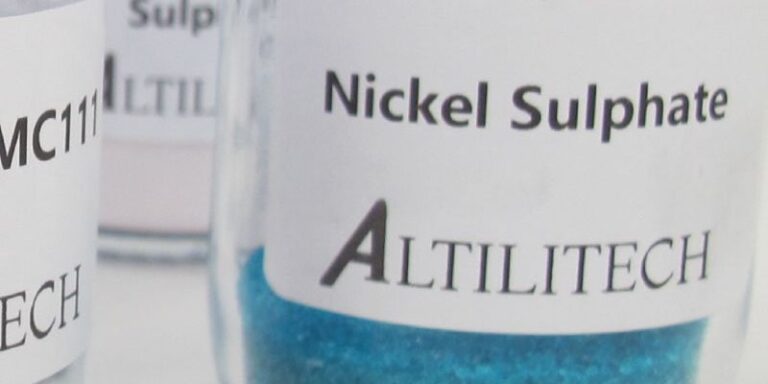That is, if plans go ahead. For the time being, Altilium’s facility in Teesside, northeast England, exists as a reasonably detailed ambition to produce 30,000 metric tons of CAM per year, which will be recovered from end-of-life batteries from electric vehicles and waste from battery factories – which have yet to be build in Britain as well.
Recent battery advances in the UK have reportedly failed. Britishvolt had to file for bankruptcy earlier this year. The only cell production project in the UK that is ready for the automotive industry is that of Envision AESC in the vicinity of the Nissan plant in Sunderland, England.
Still, today’s Memorandum of Understanding with ABB foremost concerns a pilot scheme and Altilium’s existing projects. The Swiss company expects to introduce the design and delivery of control systems equipment and solutions for electrical power distribution for Altilium’s pilot battery recycling scheme. ABB says it will also explore whether its Manufacturing Operations Management (MOM) and Manufacturing Execution System (MES) could be useful to Altilium.
Apart from the pilot, the two companies intend to extend their work into commercial plants. This includes the retrofit of Altilium’s facility in Eastern Europe, which will start processing battery waste in 2024, and the planned Teesside plant from 2026. The company claims its first European plant will recycle battery waste from over 24,000 vehicles a year, while the UK facility shall process waste from over 150,000 EVs per year once operational.
ABB says its technology could help Altilium speed up its time to market, supporting the provision of scalable solutions as the company expands its operations and significantly reduces EV batteries’ carbon footprint.
Altilium opened its EV Battery Recycling Technology Centre in Devon in 2022 and is the only company in the UK producing CAM recovered from EV battery waste.


